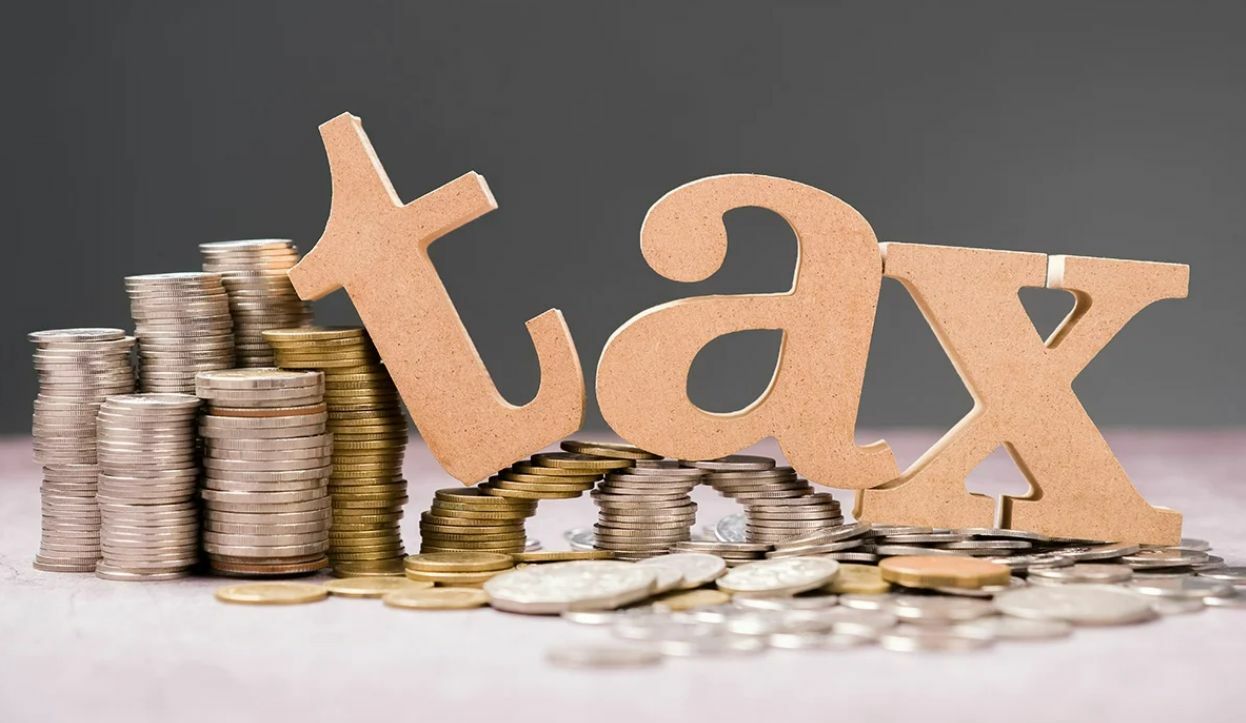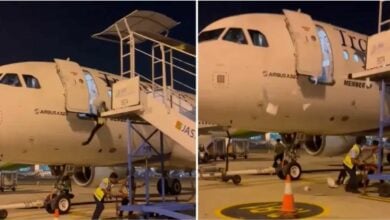Thailand land tax act assessment: Fiscal policy office’s evaluation

The Thailand 2019 Land and Building Tax Act (LBTA) is receiving a thorough evaluation for its effectiveness and potential issues in enforcement, according to the Fiscal Policy Office director-general, Pornchai Thiraveja.
The investigation is a collaboration between the Finance and Interior ministries and is aimed at understanding the effectiveness of the new land tax collection system, identifying any issues and determining if any amendments need to be made to the LBTA.
Pornchai explained that the law requires a review at least every five years, including public hearings to gather insights and opinions from individuals and companies holding ownership or possessory rights to immovable assets.
Previously, taxes were levied on income generated from renting or leasing property rather than on the property itself, making it more of an income tax than a property tax system. However, the new LBTA enables local authorities to collect taxes directly on land and buildings, thereby increasing public revenue and enhancing the efficiency of tax collection.
The two ministries are also reviewing feedback from returned questionnaires sent to relevant agencies to include public opinion in their assessment.
The new law, which came into effect in 2020, offers tax reductions for the initial three years (2020 to 2022) to ease the transition from the outdated House and Land Tax Act of 1930. The Treasury Department appraises the value of the land and buildings, and this appraised price is used as the foundation for the property tax calculation, which is collected progressively.
The tax cap for farmland is at 0.15%, with the effective rate ranging from 0.01% to 0.1%. Individual landowners with a land appraisal price under 50 million baht are exempt from these taxes for the first three years.
The tax cap for residential land is at 0.3%, with an effective rate of 0.02% to 0.1%. The first-home owners are exempt from property tax for both land and buildings, up to a value of 50 million baht, if the owner’s name appears on the house registration.
Commercial and industrial use land and vacant land have a tax cap of 1.2%, with an effective rate of 0.3% to 0.7%. If land or a building remains vacant or undeveloped for three consecutive years, the rate increases by 0.3% every three years, up to a maximum of 3%, reported Bangkok Post.
Follow more of The Thaiger’s latest stories on our new Facebook page HERE.








